Leaving Turku, Finland, with a full heart. Such intense memories of this week co-facilitating songwriting, community-building and intercultural dialogue in Turku, Finland. Sponsored by the University of Helsinki and facilitated through the Finnish Red Cross, three facilitators, a lead organizer and myself worked for four days with seven participants from Angola, Iran/Afghanistan, Iraq, Syria, Venezuela and Finland, each with their own story of how they arrived in Turku, each with their own musical and poetic skills which, when combined with the skillsets of other songwriters in the group, created exquisite, vulnerable and completely unique songs reflective of their life experiences until this point.
There are so many stories that stick with me, each poignant and powerful. Fouad, a saz (double-coursed string instrument) player and anaesthetic nurse from the Kurdish portion of Syria now training to become a bus driver, writing and recording a song called “Connection” with a classically trained violinist from Caracas, Venezuela, Vanessa; they ways in which they accommodated one another as one played in an Arabic maqam (kurd and hijaz) on a saz and the other in an equally tempered scale on a classical violin, as they sought to literally connect and write a “bridge” in their song to span the diversity of their musical styles between the verse and the chorus. How Fouad, on the fourth day of the workshop, began to share his experiences growing up in Arab-dominated Syria, where he was disallowed from speaking his mother tongue in school or even in public places, and where even his own Kurdish city of Kobanî was renamed with an Arabic name (Ayn al-Arab) and how, for him, refusing to identify as Muslim since moving to Finland has become his own form of self-decolonization.
There are so many stories that stick with me, each poignant and powerful. Fouad, a saz (double-coursed string instrument) player and anaesthetic nurse from the Kurdish portion of Syria now training to become a bus driver, writing and recording a song called “Connection” with a classically trained violinist from Caracas, Venezuela, Vanessa; they ways in which they accommodated one another as one played in an Arabic maqam (kurd and hijaz) on a saz and the other in an equally tempered scale on a classical violin, as they sought to literally connect and write a “bridge” in their song to span the diversity of their musical styles between the verse and the chorus. How Fouad, on the fourth day of the workshop, began to share his experiences growing up in Arab-dominated Syria, where he was disallowed from speaking his mother tongue in school or even in public places, and where even his own Kurdish city of Kobanî was renamed with an Arabic name (Ayn al-Arab) and how, for him, refusing to identify as Muslim since moving to Finland has become his own form of self-decolonization.
And yet, the level of connection Fouad developed with other Arabic speakers in this group, including three Iraqi musicians, was profound. At one point, Raad, an ‘oud (lute) player and former Economics Professor, was searching for an ‘oud to play and write songs on, as he had sold his own ‘oud once his life in limbo began after two family members in Iraq were killed. And so, on day 3, Fouad turns up with an ‘oud in his hand, borrowed from a friend, and by day’s end Raad has purchased this ‘oud and restrung it (he is left-handed), allowing him and his beautiful wife Nora, a biologist and singer, to make the sweetest music all day I’ve ever heard, on the day after his seven-hour long immigration interview which will tell him if he is to become a permanent resident of Finland, or no.
Songs and places are also linked in other ways. On this final day, as we all take our turns in the recording studio to record the four songs that have been written that week, I speak with Ahmed, a poet, journalist and translator from Mosul, Iraq, who comments on the sweet strangeness of hearing Raad and Nora’s Iraqi folk song from the 1950s being performed here in an ecumenical center in Turku, Finland. “They’re beautiful, but they don’t belong here. They are of that place [Iraq], but not this one.” He goes on to say that, when he hears Iraqi music in Finland, he immediately sees palm trees and everything else that, to him, is Mosul and Iraq before 2003 and the beginning of the war. But he also has to practice self-care, he tells me, and so, if he’s not able to go to that place emotionally, sometimes he needs to not be in earshot of certain songs; he has to listen selectively, and strategically, because place and songs can also be linked to trauma, and one needs to be able to choose to visit these emotional spaces. So for this cowritten song, he writes a song describing his spirit as a seagull no longer sutured to place, where he’s able to travel beyond geopolitical borders and the smallness of sectarian violence and where he insists on keeping a broader view. “You touch me like the wind/wiping away my trace on the sand/My spirit travels with the seagulls.”
As I prepare to make my way from the land of the Northern Lights to a very different musical culture and climate on the Italian island of Sardinia, I am humbled by the work that songs—and telling our stories through songs—can do in building a sense of connectivity, community, and allowing people to speak their truest truths. As cofacilitator Naomi Sunderland put it, “songs have jobs,” and this, I think, is one of them.
Credits:
Initiator/Lead Organizer: Klisala Harrison (University of Helsinki)
Cofacilitator: Naomi Sunderland (Griffith University)
Cofacilitator: Kristina Jacobsen (University of New Mexico)
Local Arranger: Rosa Rantanen (Finnish Red Cross)
In-Kind Venue Facilitator: Jussi-Pekka Paija (Yränän kohtaamispaikka)
Funder: University of Helsinki, Faculty of Arts (Musicology), Guest Researcher Program
In-kind sponsors: Finnish Red Cross, Åbo Rock Academy, Yränän kohtaamispaikka (Turku, Finland), Academy of Finland, Griffith University School of Human Services & Social Work, Queensland Conservatorium Research Centre at Griffith University, Aabo Rock Academy, Yränän Kohtaamispaikka.
25-28 June 2018, Turku, Finland
Credits:
Initiator/Lead Organizer: Klisala Harrison (University of Helsinki)
Cofacilitator: Naomi Sunderland (Griffith University)
Cofacilitator: Kristina Jacobsen (University of New Mexico)
Local Arranger: Rosa Rantanen (Finnish Red Cross)
In-Kind Venue Facilitator: Jussi-Pekka Paija (Yränän kohtaamispaikka)
Funder: University of Helsinki, Faculty of Arts (Musicology), Guest Researcher Program
In-kind sponsors: Finnish Red Cross, Åbo Rock Academy, Yränän kohtaamispaikka (Turku, Finland), Academy of Finland, Griffith University School of Human Services & Social Work, Queensland Conservatorium Research Centre at Griffith University, Aabo Rock Academy, Yränän Kohtaamispaikka.
25-28 June 2018, Turku, Finland
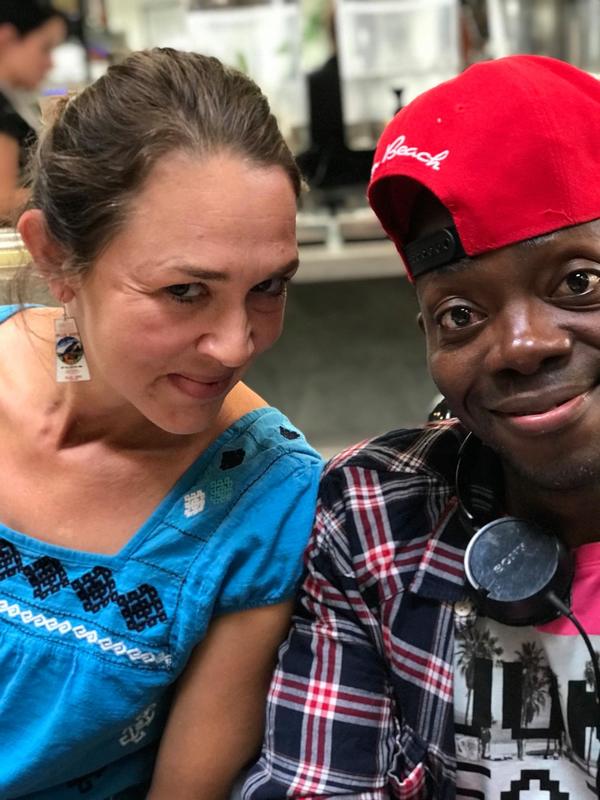
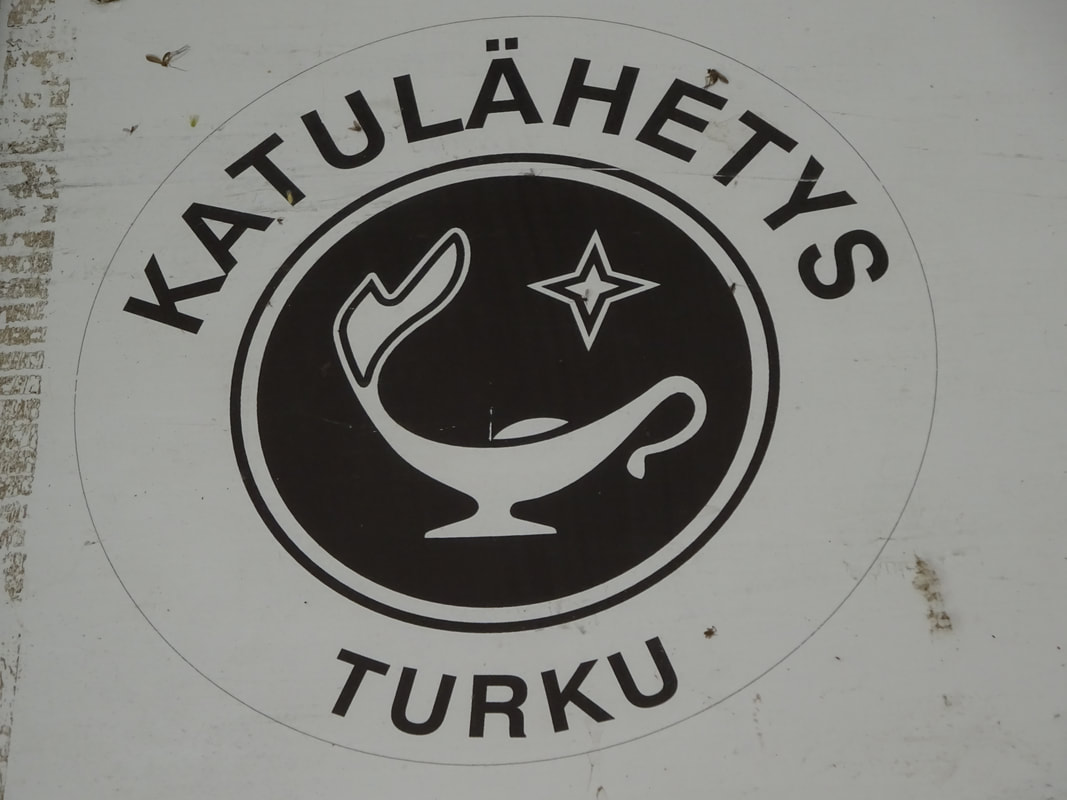
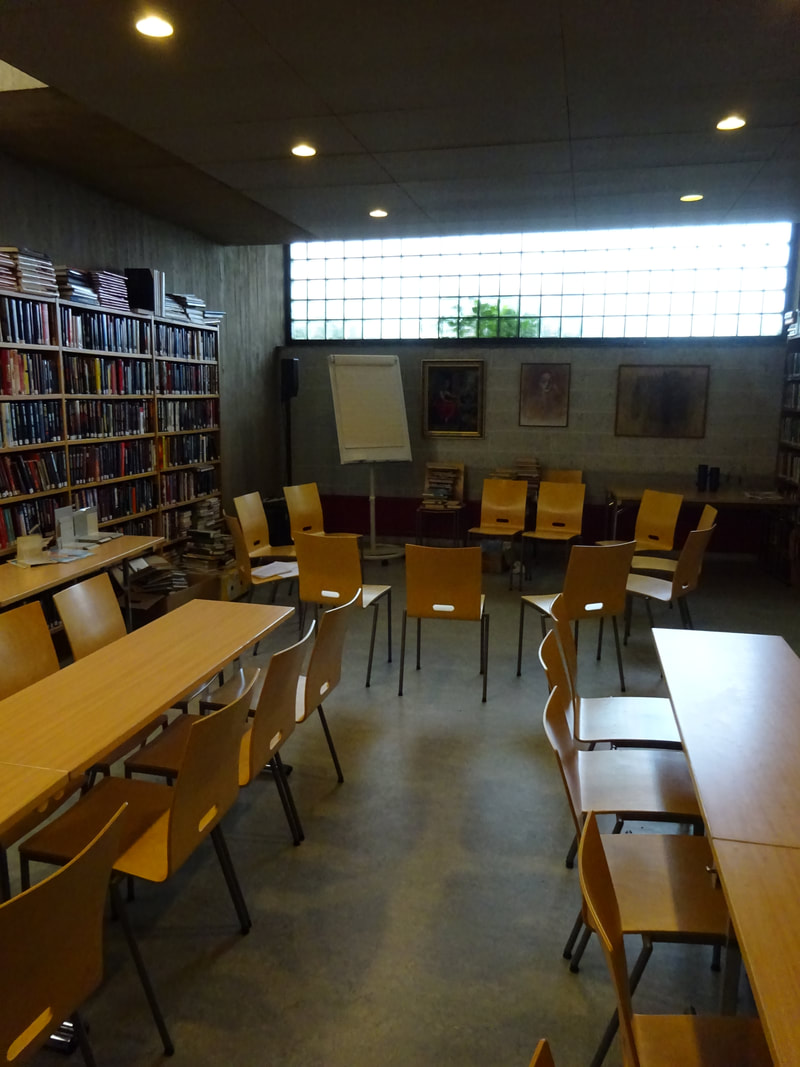
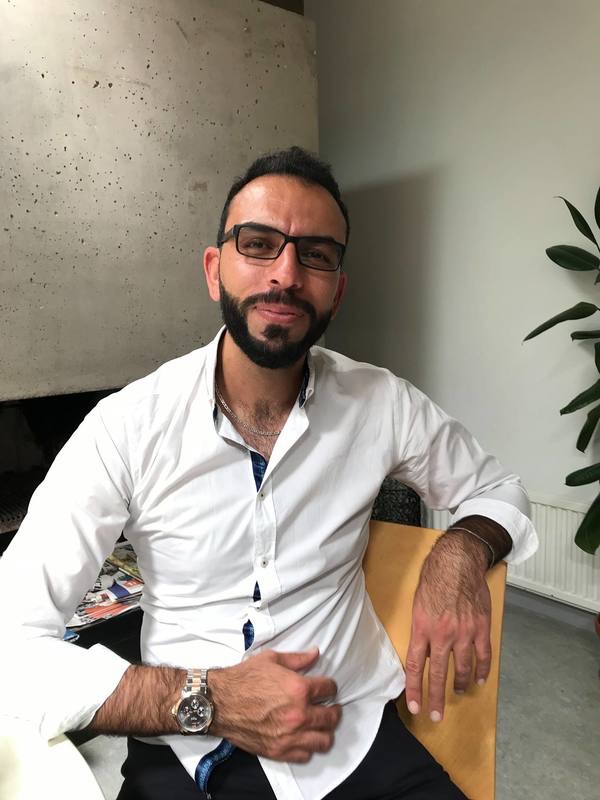
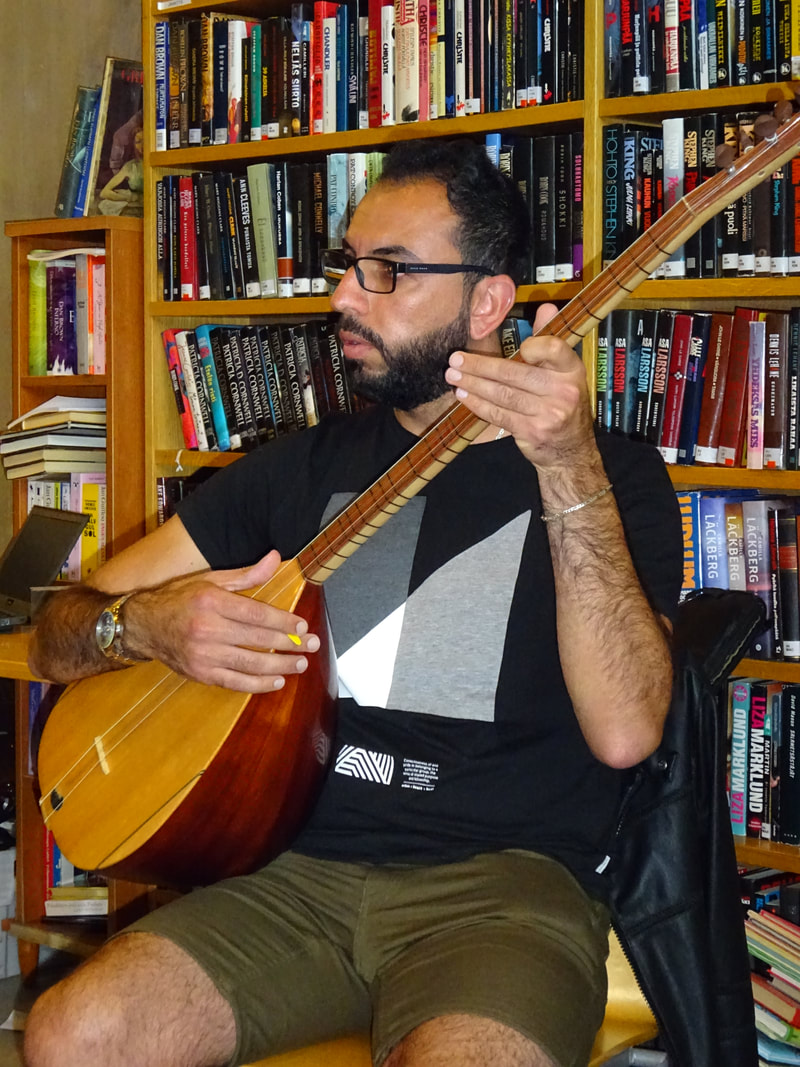
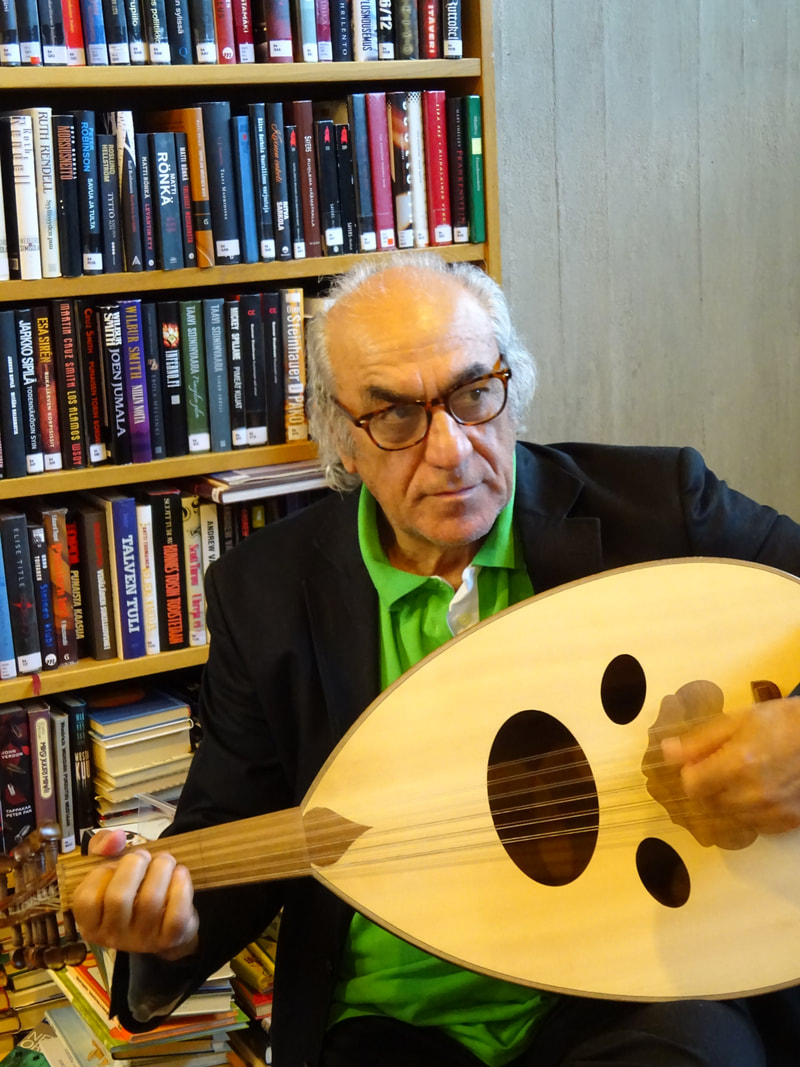

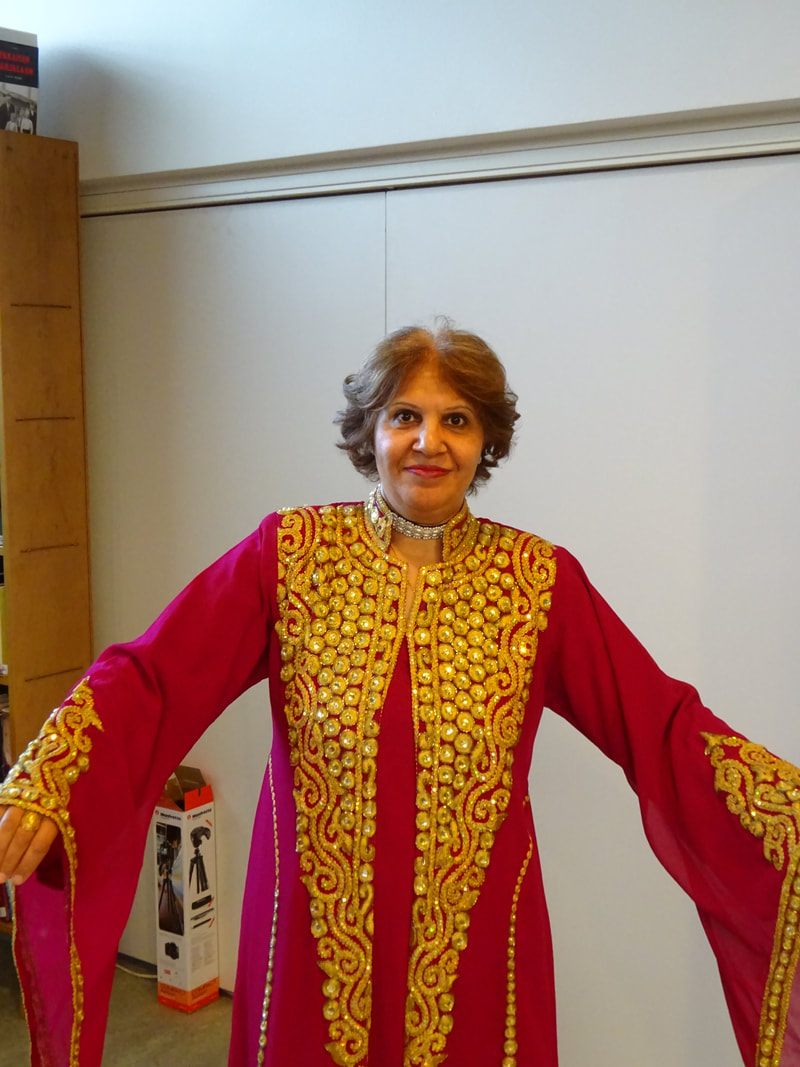
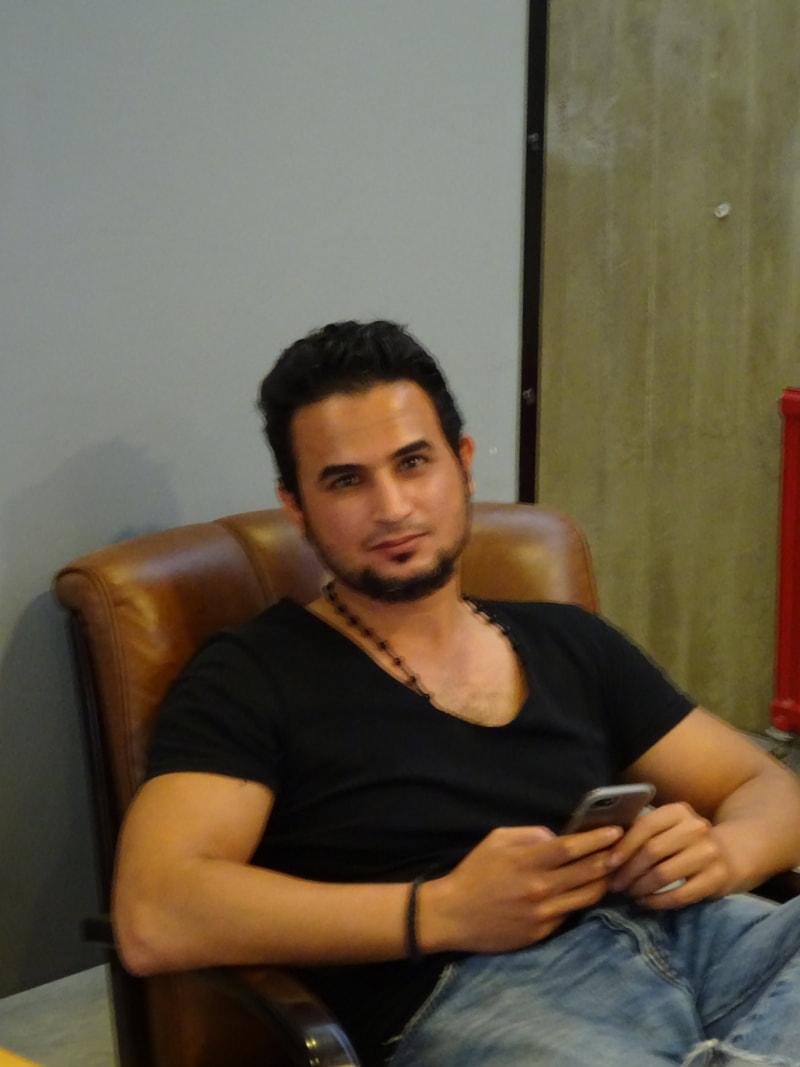
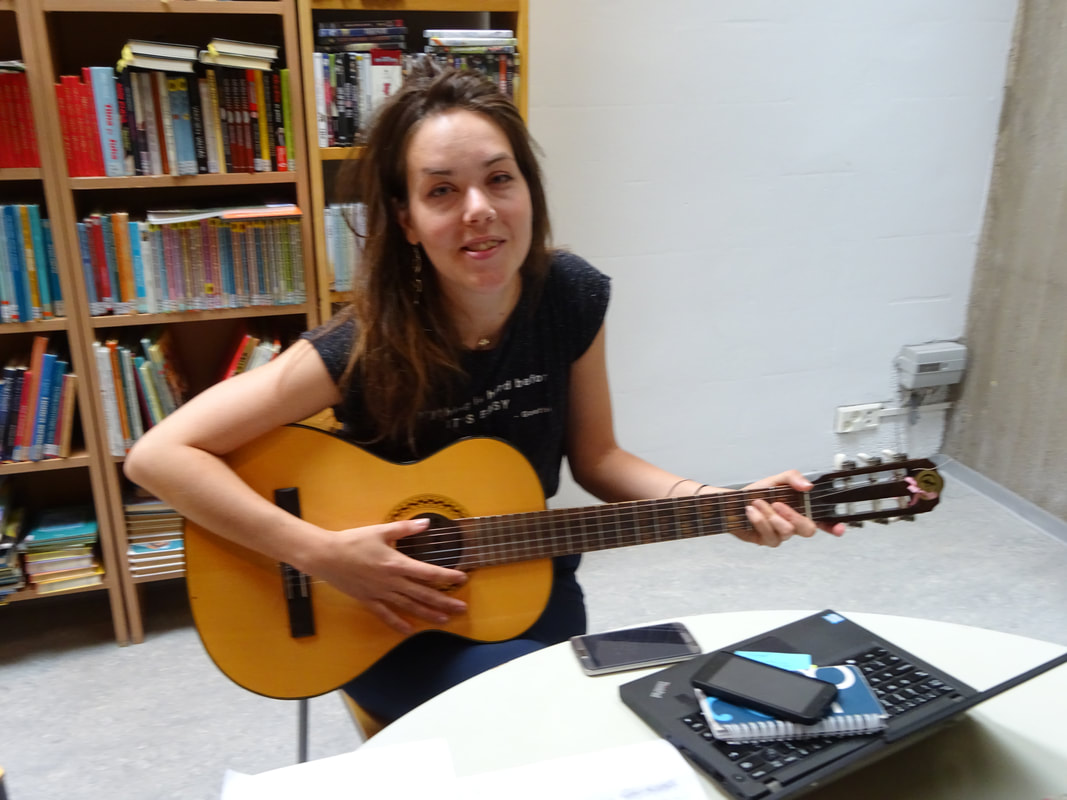
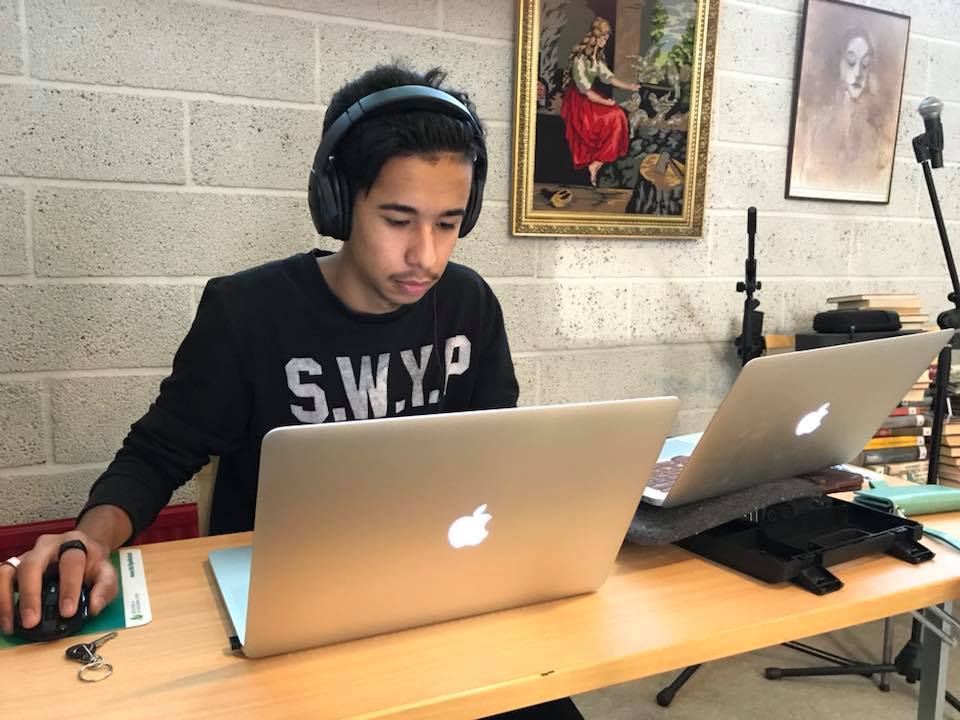
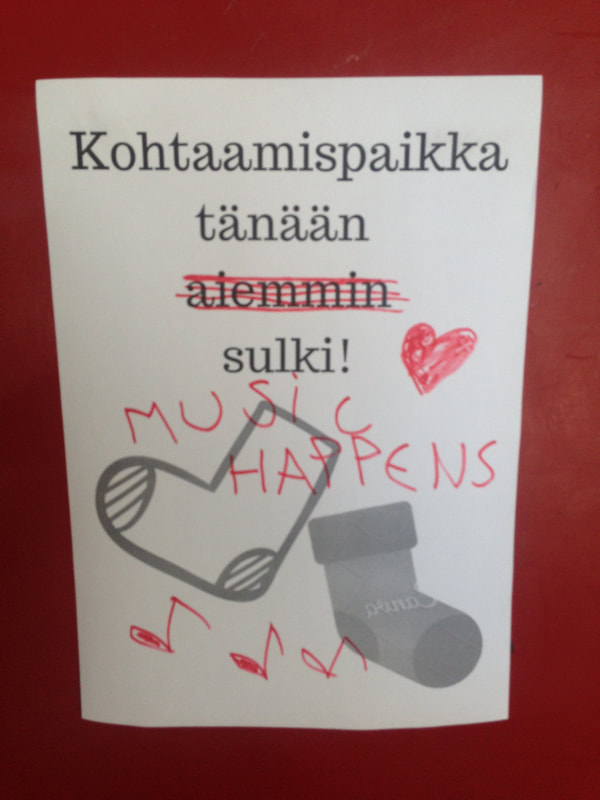
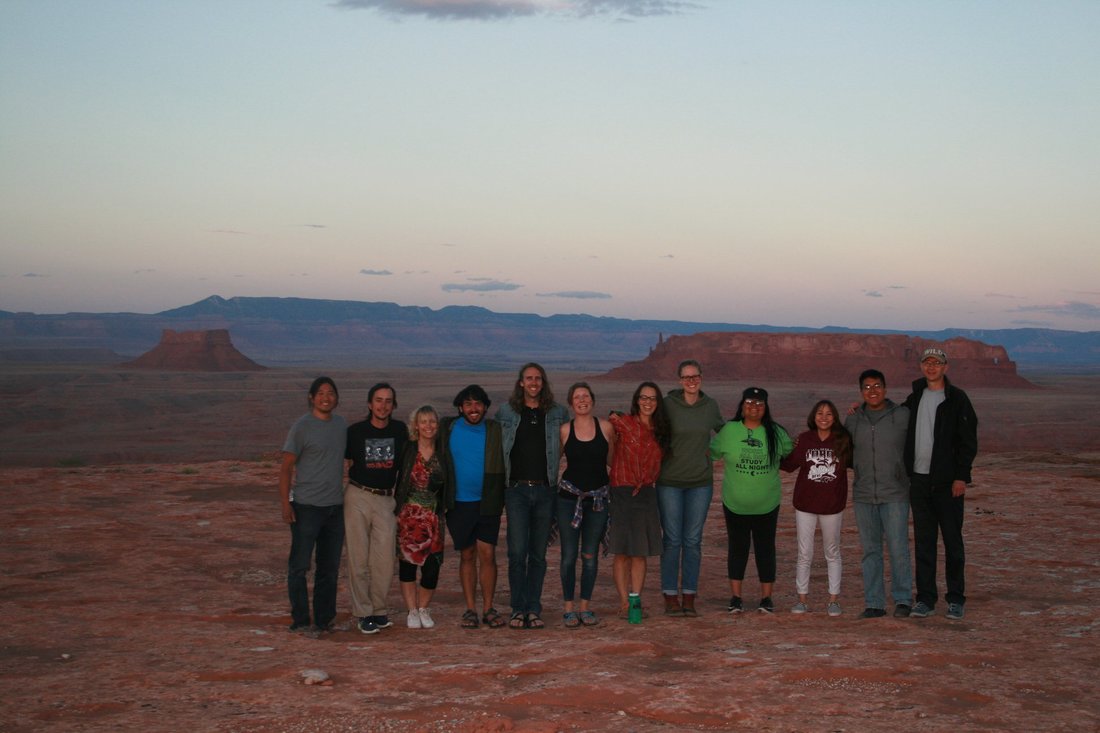
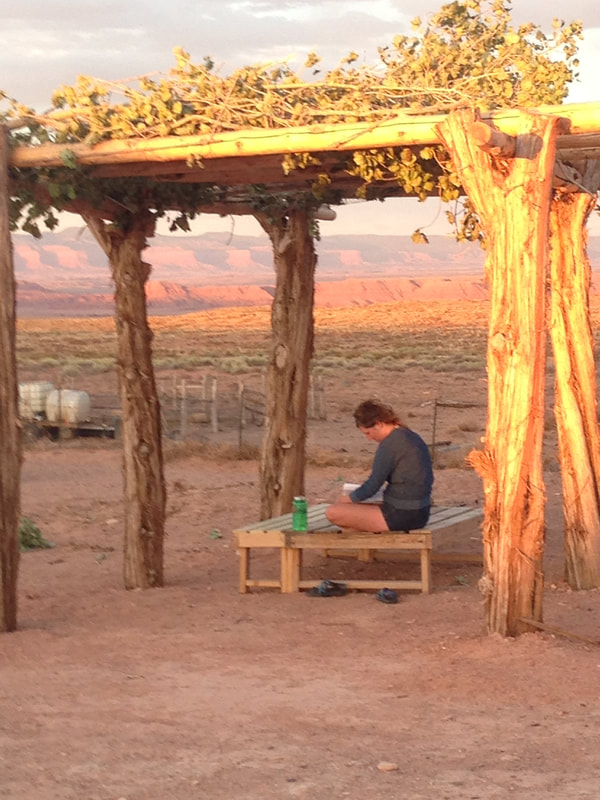
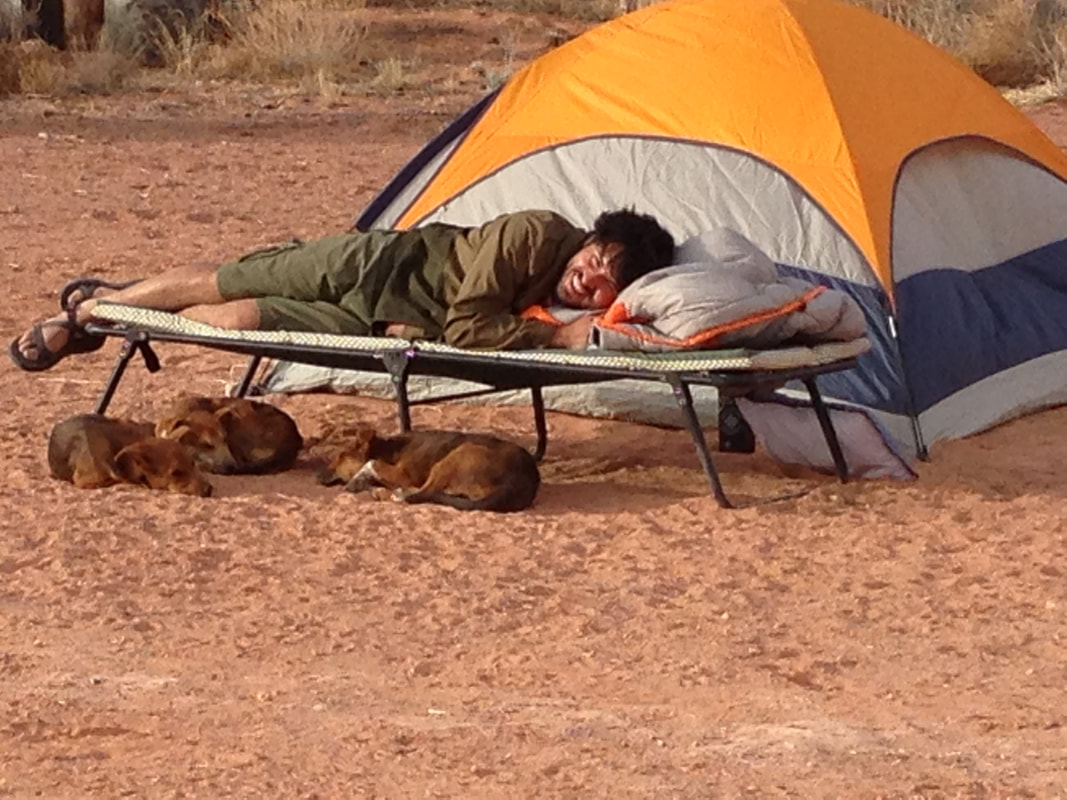
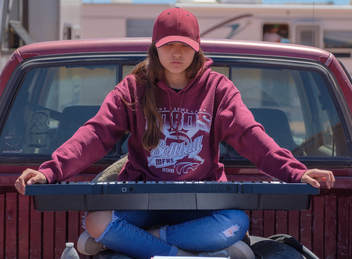
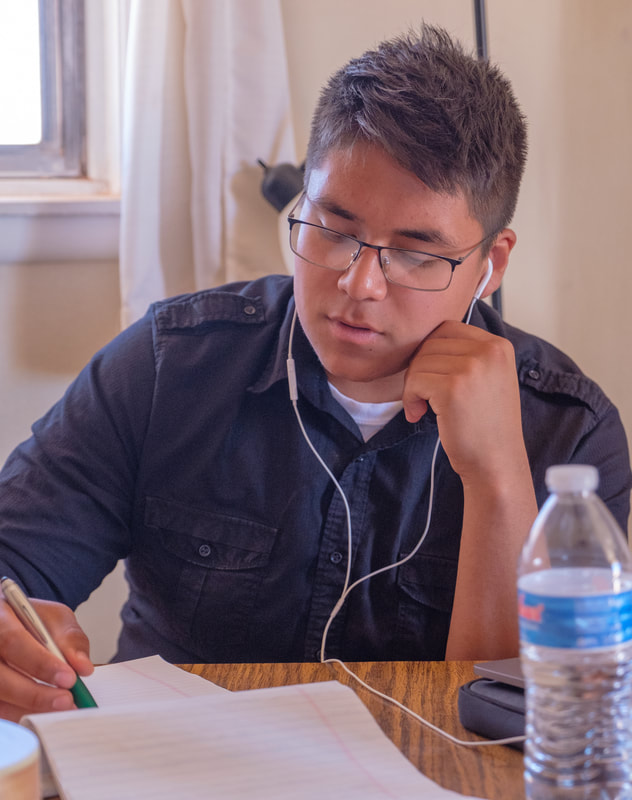
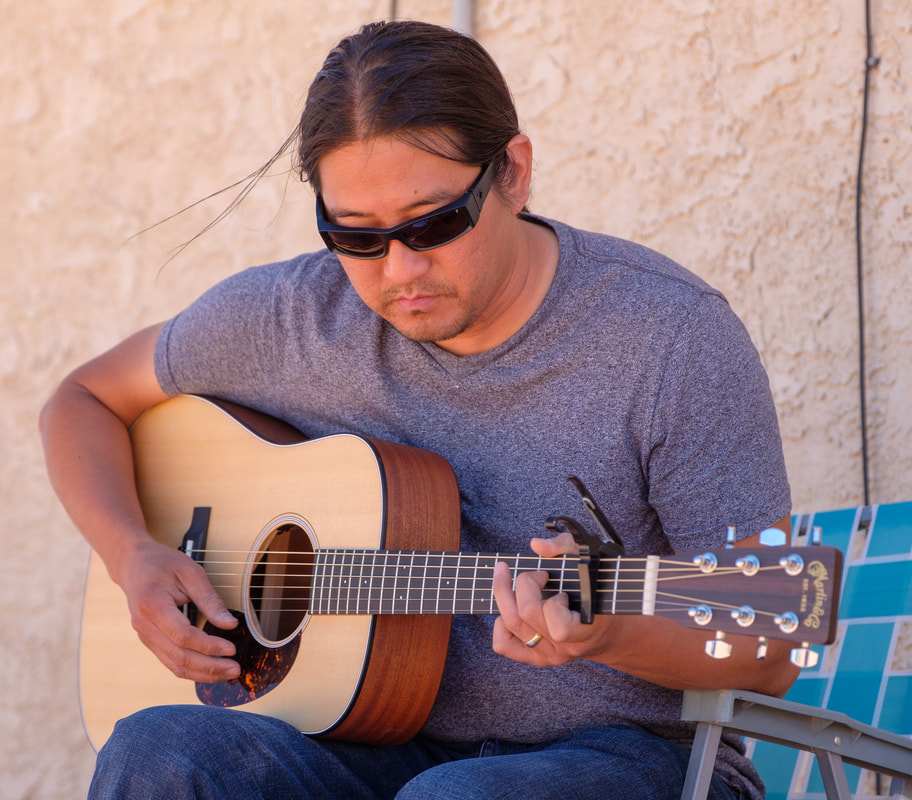
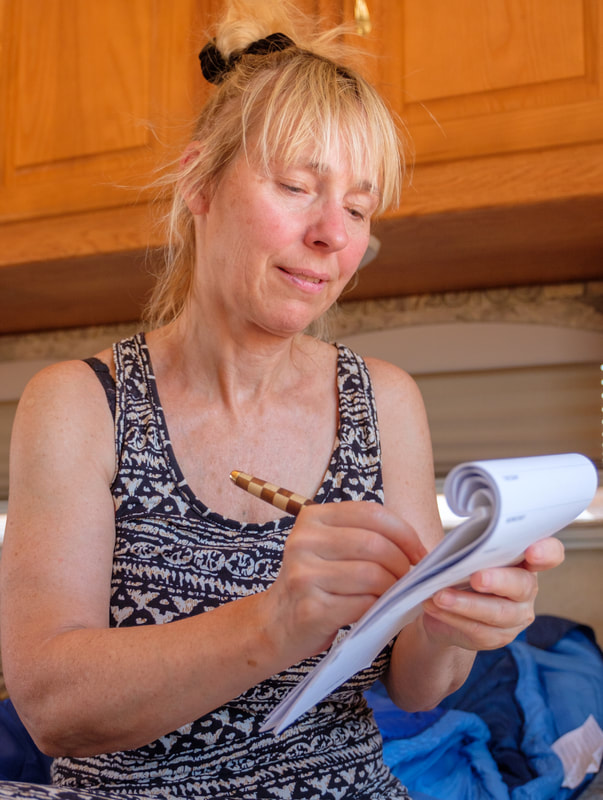
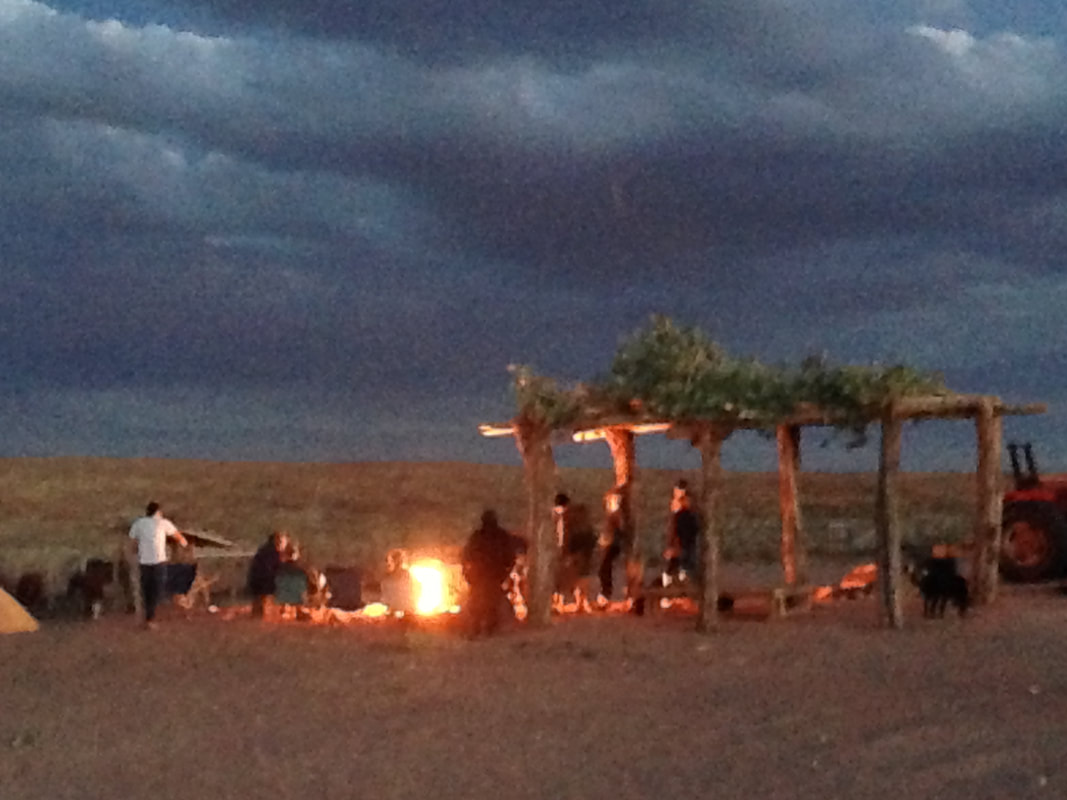
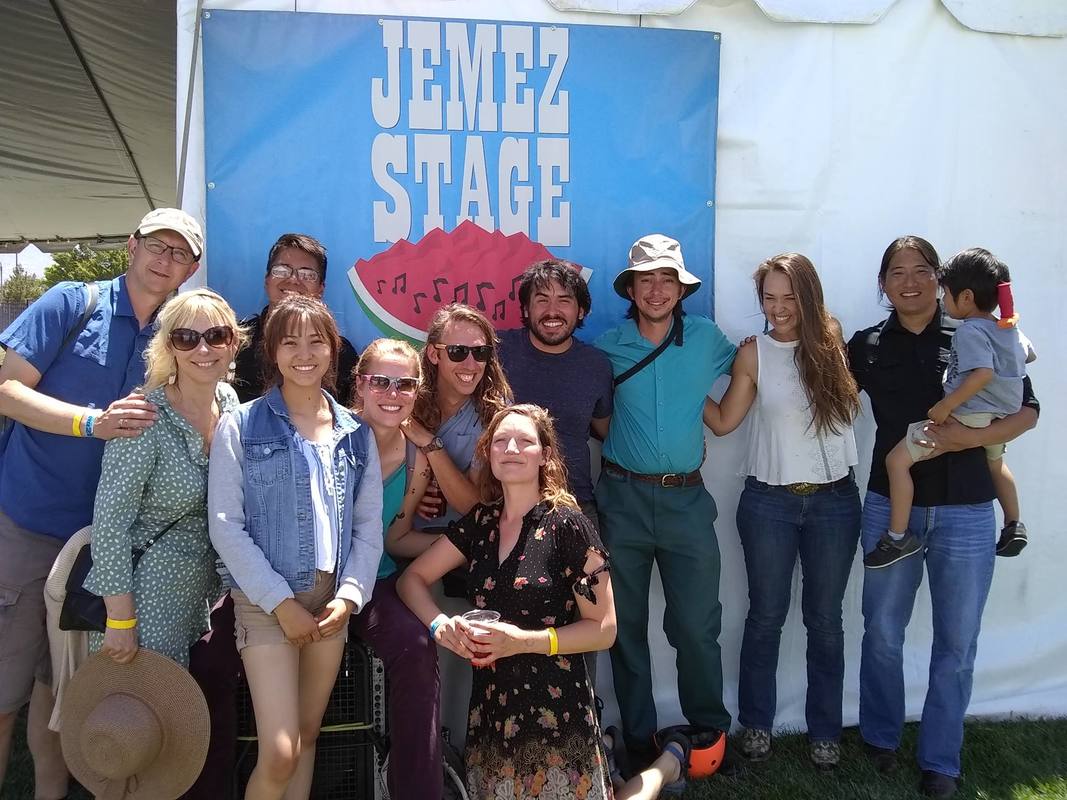
 RSS Feed
RSS Feed
